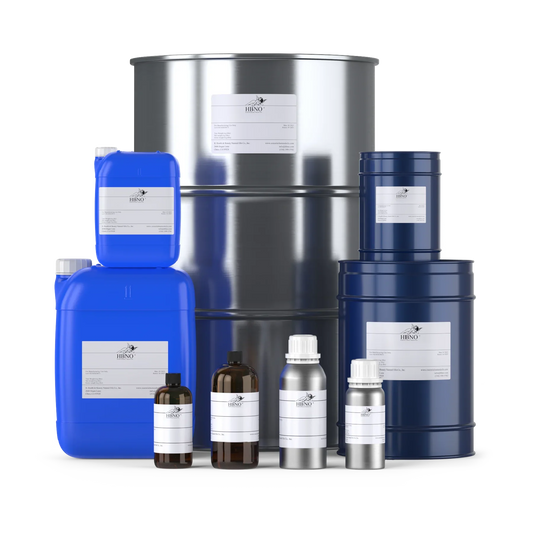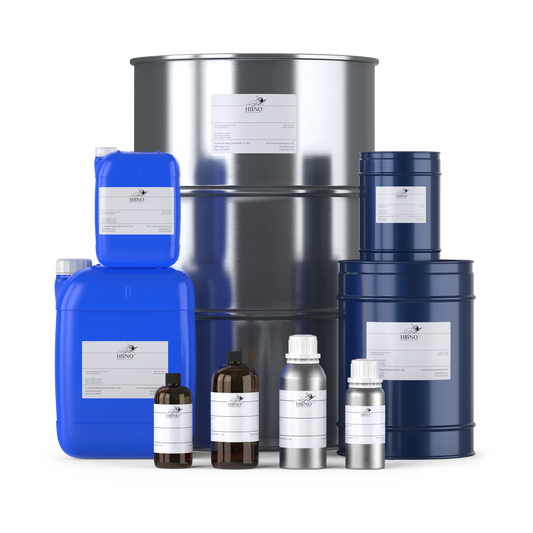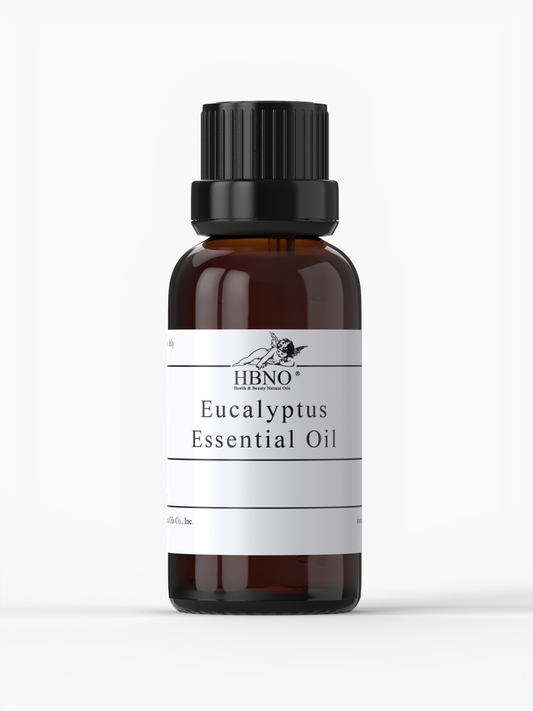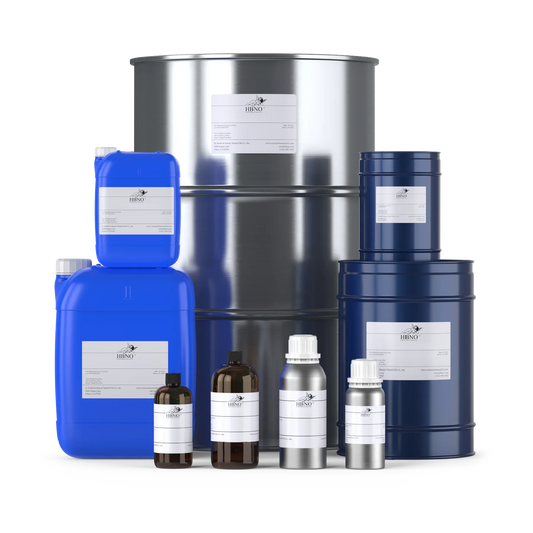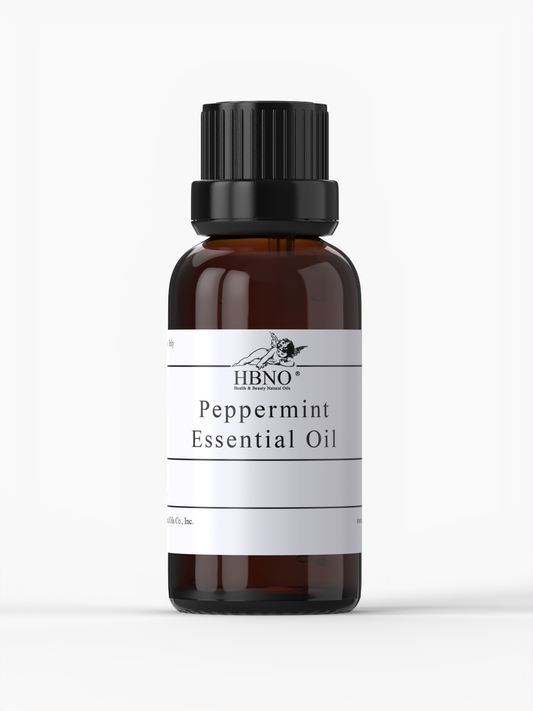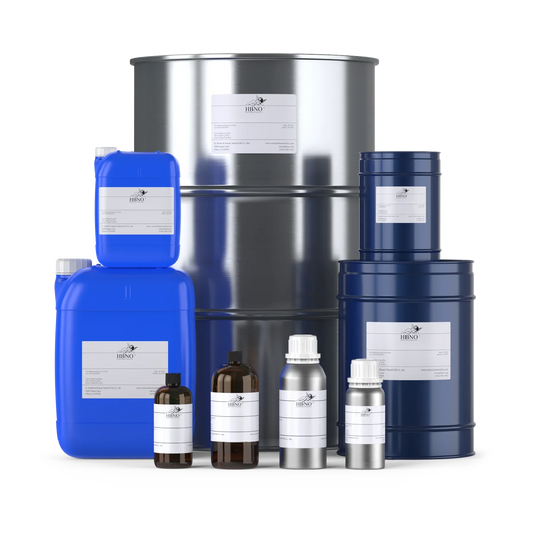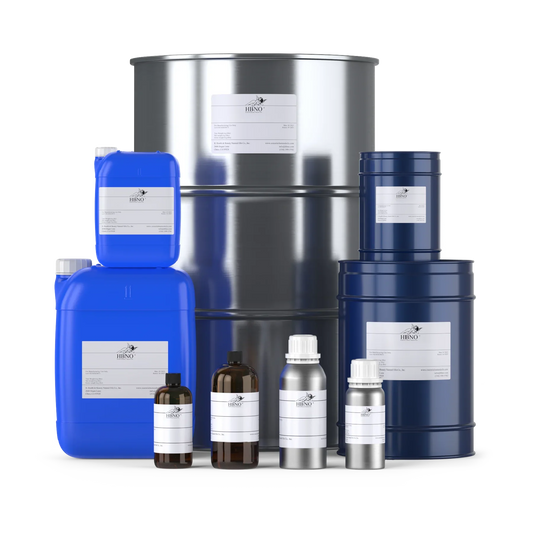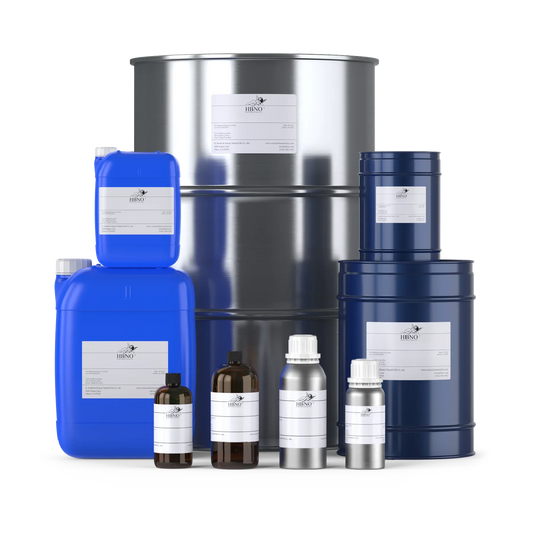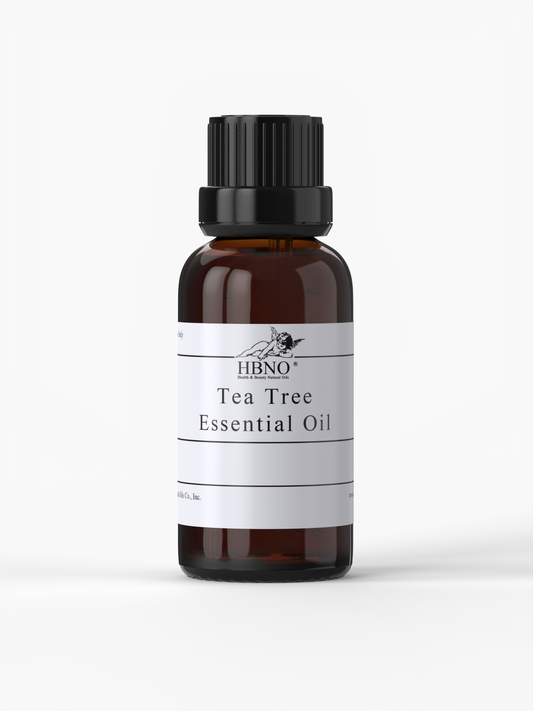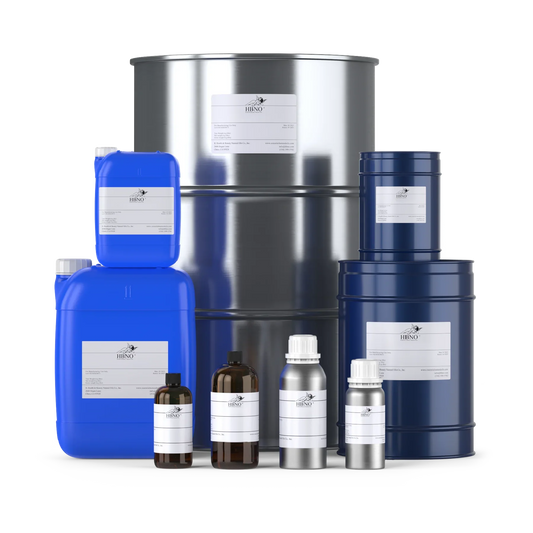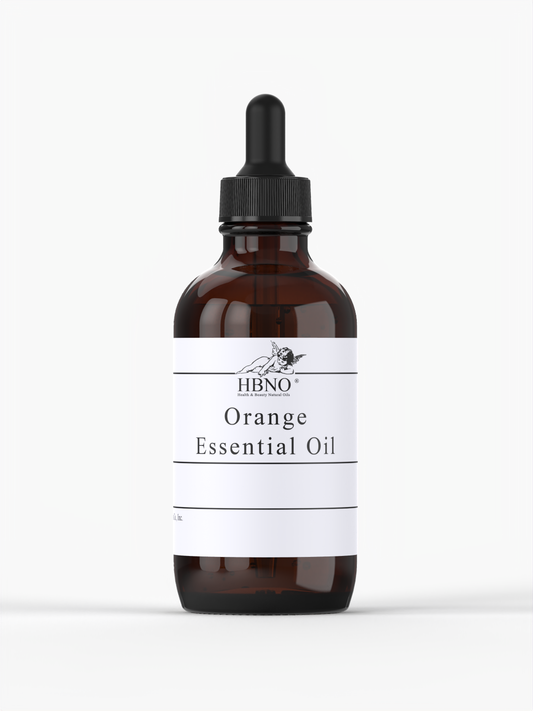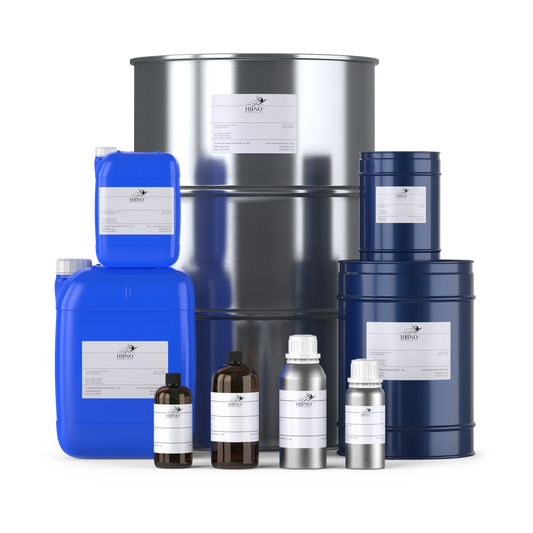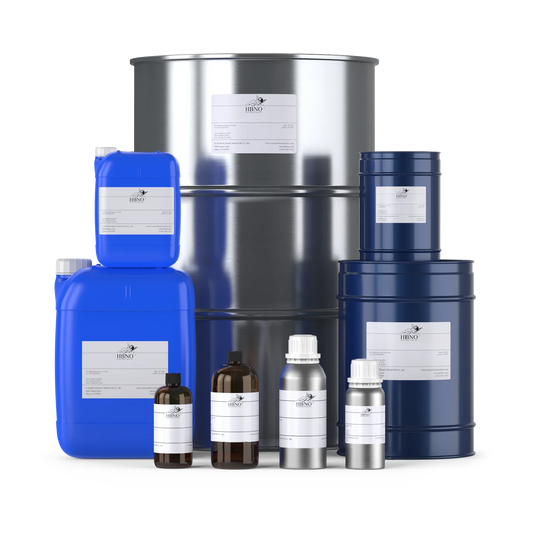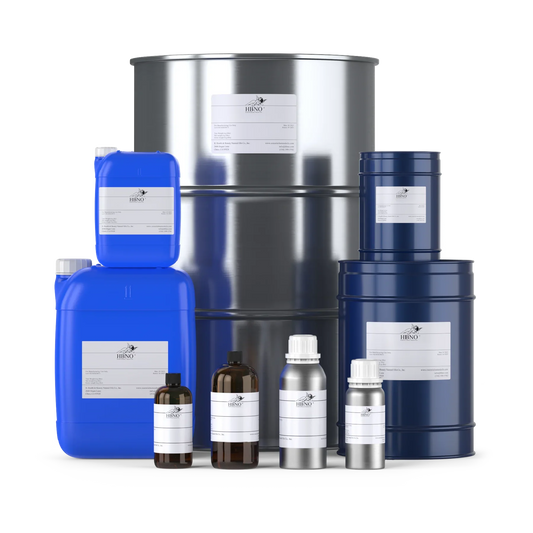HBNO™ Angel Sirens
Ingredients : Clary Sage Oil (Salvia Sclarea), Lavender Oil (Lavandula angustifolia), Spanish Marjoram Oil (Thymus mastichina), Yarrow oil (Achillea millefolium ), Sweet Fennel Oil (Foeniculum vulgare var. dulce)
HBNO™ Angel Sirens is an extremely high quality blend designed to benefit women (although it smells wonderful to all)
Wonderful for diffusing, creams, lotions, formulations -- you name it. This blend is sure to please.
HBNO™ Angel Sirens blend is offered in small packing to bulk and wholesale quantities. We can supply any amount of oil to anywhere in the world.
Information on the ingredients found below :
CLARY SAGE
Clary sage is native to the Mediterranean. Sage's etymology trace back to the Latin sclarea, meaning "clear" due to the plants high esteem for curing ailments. The Egyptians recommended the herb for infertility, and it was popular with the Greeks and Romans would believe it extended life. It was called "˜sacred herb' by the Romans. The chinese would imbibe sage tea as they too believed it would increase longevity.
Clary sage acts on the nervous system as a sedative, nerve tonic, anxiety, tension, headaches, and insomnia. For skin, clary sage essential oil fights Inflammation, tones the skin, good for mature dull skin, controls excess sebum production, alleviates dry itchy skin and is an effective deodorant, reducing profuse sweating. Clary sage has an affinity for women as it stimulates menstrual flow, uterine tonic, encourages labor, PMS symptoms, frigidity, hormonal irritability, hot flashes, muscle spasms, and cramps. It also is a helps with aches and pains, varicose veins, broken capillaries, arthritis, rheumatisms, is a powerful muscle relaxant, and hypertension. acne,dandruff, hair loss, and varicose veins. It is also effective for hair treatment.
Clary sage essential oil is anticonvulsant, antidepressant, antiseptic, antispasmodic, aphrodisiac, astringent, deodorant, digestive, emmenagogue, anti inflammatory, hypotensive, nervine, sedative, tonic.
LAVENDER
Lavender essential oil is one of the most favored and widely applied essential oil in the world. It has been associated with cleanliness since the inception of its name which comes from the Latin word lavare "to wash." Native to the Mediterranean region, lavender quick spread throughout Europe and became popular from the 14th-19th century. The roots of current day aromatherapy are often traced to the French chemist Rene-Maurice Gattefosse, who plunged his hand into a bucket of lavender essential oil after accidentally burning himself. He was amazed at the rate of recovery and minimal scarring from the burn. Fascinated by his experience, he began to study the effects of essential oils on the body and used them in hospitals on soldiers during the First World War.
Lavender is one of the few essential oils that can be used undiluted. Lavender assists with all inflammations of the skin, palpitations, hypertension, convulsions, muscle spasms, pain related to - arthritis, sprains, strains - headache, menstruation, loss of hair, nausea, burns, acne, eczema, psoriasis, all wounds, scars, burns, sunburn, itching, heals open wounds, disinfects, stress, antidepressant, insomnia -- When in doubt, use lavender!
Lavender essential oil is analgesic, anticonvulsant, antidepressant, anti inflammatory, hypotensive, antirheumatic, antiseptic, antispasmodic, antiviral, decongestant, anticoagulant, deodorant, anti-toxic, diuretic, restorative, sedative, and nervine
Lavender vs. Caffeine Agitation (Buchbauer et al., 1994)
University of Vienna found that diffusing lavender oil into the air reduced the agitation of test subjects injected with caffeine. Lavender outperformed its two main constituents, linalol and
linalyl acetate, suggesting a synergistic effect.
Lavender Improves Sleep (G. Cannard, 1993)
A study at the Tullamore General Hospital in Ireland applied one drop of a lavender oil blend to each of the four corners of patients' mattresses. The lavender oil blend was also vaporized into
the air during the night.
Lavender for Sleep (Wolfe, 1996)
A study published in the International Journal of Geriatric Psychiatry reported results of a pilot study of two patients with dementia. Nighttime aromatherapy with the essential oils of lavender
and Roman chamomile increased the duration of one patient's sleep and resulted in the second patient being taken off sleep medication.
Lavender for Daytime Alertness (Hudson, 1995)
One drop of lavender oil was applied to the pillows of nine elderly patients for one week each night. Eight of the nine patients reported improved wakefulness and alertness during the day, suggesting improved and higher quality sleep at night.
Lavender vs. Insomnia (Hardy et al., 1995)
A study published in The Lancet reported on using lavender oil to treat geriatric patients with chronic insomnia. Researchers found that inhalation of ambient lavender oil outperformed medications in improving sleep duration and quality. No side effects were reported.
The Sense of Smell Institute
New York, in conjunction with Wesleyan University, has tested the effects of lavender on nighttime sleep and found that it improved sleep in men and women. (2004-02-04) In the study, Namni Goel found that lavender increased the amount of time subjects spend in slow wave, or deep sleep, resulting in increased energy and alertness the next day.
Lavender vs. Cognitive Abilities (Knasko,1992)
A randomized controlled study tested the effect of lavender aroma on 92 adults. Researchers found that subjects in the lavender group displayed better cognitive abilities and better moods than the unscented control group.
Lavender vs. Anxiety (Diego et al., 1999)
A University of Miami study administered 3 minutes of aromatherapy to 40 healthy adults. Researchers found that subjects exposed to lavender aromas were less depressed and scored higher on mathematical tests (performing faster and more accurately). Subjects also exhibited increased beta waves in the brain and exhibited lower anxiety scores.
Lavender vs. Cholesterol (Nikolaevskii et al., 1990)








